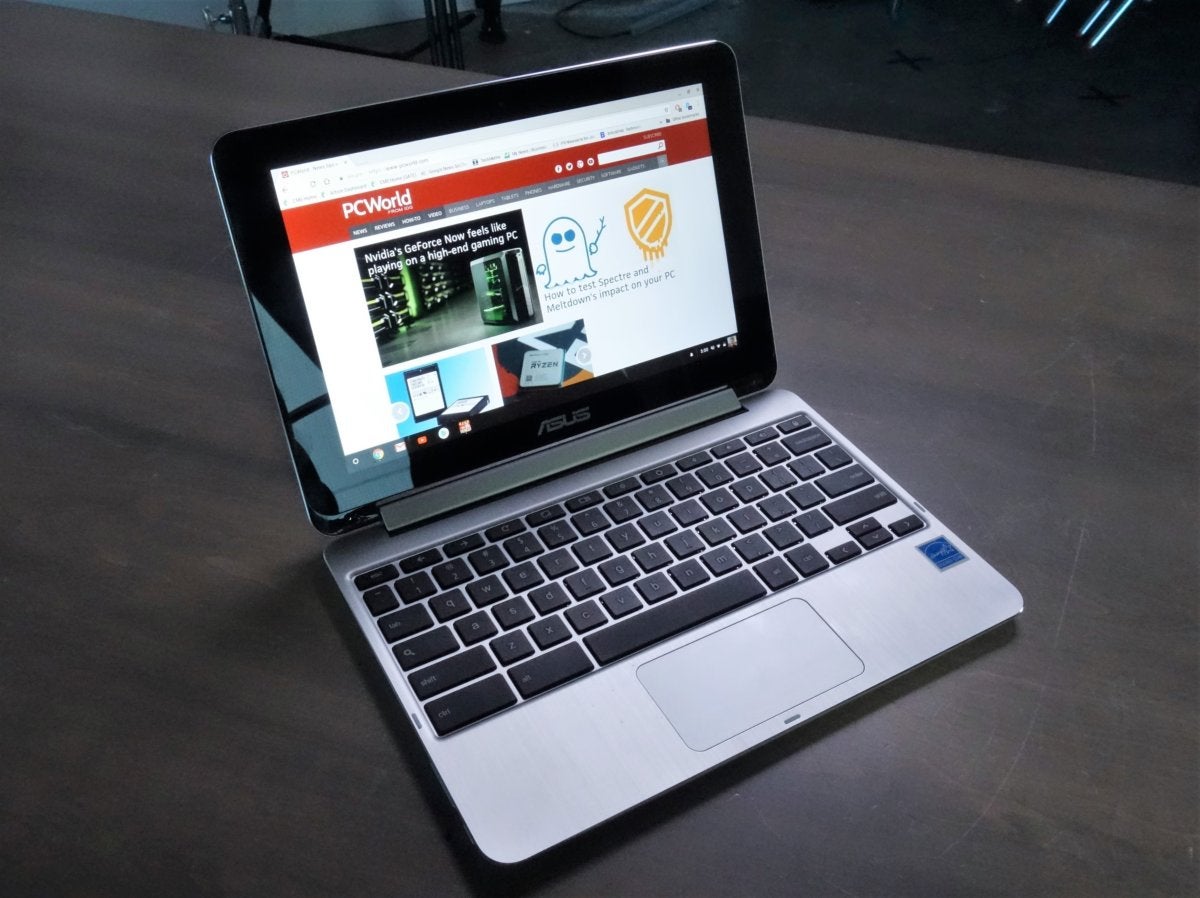The Campfire caveat: Why cheap Chromebooks running Windows will benefit Google, not you - hardmanappithe

Amazon
The most affordable Chromebooks aren't exactly b burners, pairing Low-death ARM chips with Google's streamlined, browser-based Chromium-plate OS. Now, reports of a newly discovered "Campfire" have suggests Google wants to enable Chromebooks to leanWindows?Madness!
Swell, not if you'rhenium Google. In fact, in most cases the only party that would do good from thisis Google, in terms of showing off how efficient its Chrome OS can be in comparison to Microsoft's "bloated" Windows.
Google's secret project to bring Windows 10 to Chromebooks is reportedly named Campfire, accordant to the XDA Developers who delved through and through source code, and part of a new "Alt OS Modal value" for Chromebooks that won't require enabling Developer Mode. Campfire supposedly testament launch on the next Pixelbook and likewise dynamical Chromebooks, which use Windows-surefooted Core i5 processors. But if Google is devious, it will enable Campfire connected Core group i3 surgery Celeron-power-driven devices—notebooks that are clean loyal enough to make Chromium-plate OS come along fast and powerful, but just underpowered enough to make Windows look tired by comparison.
A decision that benefits Google, not you
Storage is just the start up of the potential headaches. XDA Developers right noted that adding Windows support would push a Chromebook's storage requirement to 40GB, versus the 10GB Oregon so Chrome OS typically requires. (The remainder is allocated to user storage.)
 PCWorld
PCWorld The Chrome OS file manager.
Chrome Oculus sinister relies hard on the cloud for storage and services. You can store a downloaded image your Chromebook's local storage, but Google would much kind of you save IT inside Google Drive operating theatre its Google Photos app. If you do memory files locally, most depressed-be Chromebooks are saddled with a slow eMMC flash drive versus the a great deal faster traditional SSDs found within Windows PCs. And even though Microsoft also pushes its ain OneDrive cloud service, Windows has traditionally been a much more decentralized experience, with apps and documents stored and run for from local anaesthetic drives.
And as whatsoever traditional PC user knows, this agency that Windows PCs bu require more regnant ironware. Consider the Chromebook Flip. Yes, it runs a no-constitute ARM chip on clear of an eMMC drive, simply our survey showed that it performs just fine in real-macrocosm testing. By comparison, a 2017 Chuwi HiBook powered by a quadrangle-nucleus Celeron fell to the bottom of our testing hierarchy, and it was barely usable. That's the Windows effect.
Campfire, if it ever sees the light of day, arrives at the intersection of two trends: a push for inexpensive Windows tablets led past the Microsoft Surface Go off, and a sudden belligerence by Google in challenging Microsoft's traditional dominance. Witnesser Google's latest Chromebook commercial, a literal philharmonic of error messages, BSODs, and spinning hourglass symbols. The resolution to every last of these problems, according to Google, is a freshly type of laptop: the Chromebook.
 Mark Hachman / IDG
Mark Hachman / IDG Acer's Chromebook Somersaultin.
So IT seems odd that Google would encourage someone who had just purchased a Chromebook to load Windows onto that machine. (And pay for a Windows certify, too.) But it's as wel the easiest way to manifest, on the same hardware, that Chromium-plate OS is plainly a cheaper, quicker way of computing than "legacy" Windows. And you clean know that that psyche-to-pass comparison bequeath glucinium top of mind when that substance abuser recommends a laptop to another user, or decides upon a next-generation machine themselves.
Remember that this is totally conjecture—Google hasn't announced Campfire, nor which machines it testament run upon. So far, information technology's only mentioned in the context of the comparatively high-final stage Pixelbook. Army of the Righteou's hope, though, that Google isn't tempted to expand Campfire's reach, in order to to portray Windows in a negative light. If this unfortunate scenario comes to pass, the only ones holding the bag will be consumers who purchased cheap Chromebooks, and then a Windows permit so that they could revel the best of both worlds.
Note of hand: When you purchase something after clicking golf links in our articles, we may bring in a small mission. Read our affiliate colligate policy for more details.
As PCWorld's senior editor program, Mark focuses on Microsoft news and chip technology, among other beats. He has formerly holographic for PCMag, BYTE, Slashdot, eWEEK, and ReadWrite.
Source: https://www.pcworld.com/article/402415/google-chromebooks-campfire-windows-10-bad.html
Posted by: hardmanappithe.blogspot.com

0 Response to "The Campfire caveat: Why cheap Chromebooks running Windows will benefit Google, not you - hardmanappithe"
Post a Comment